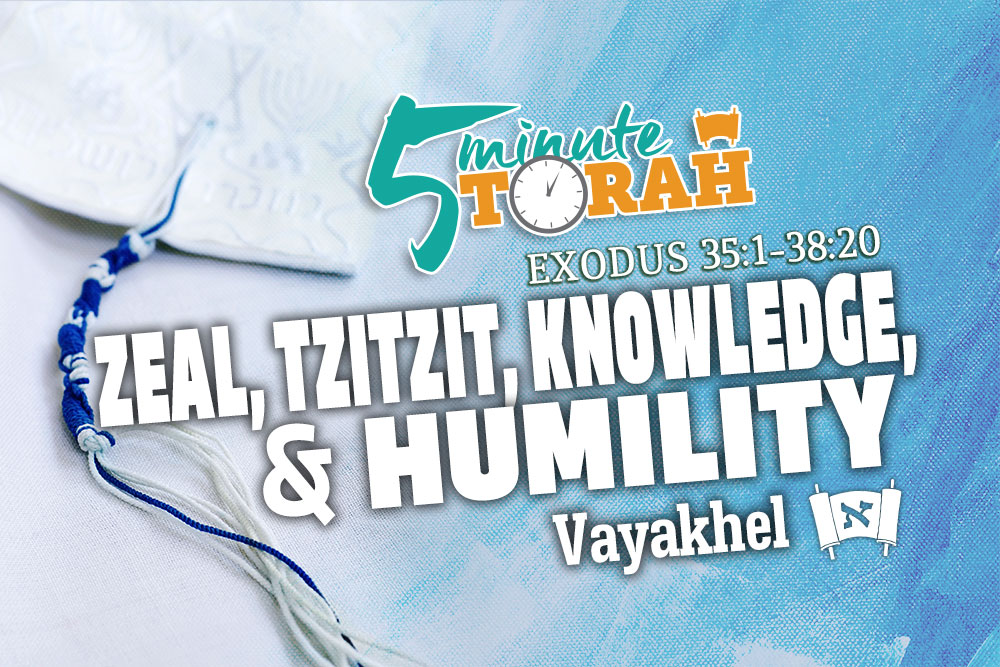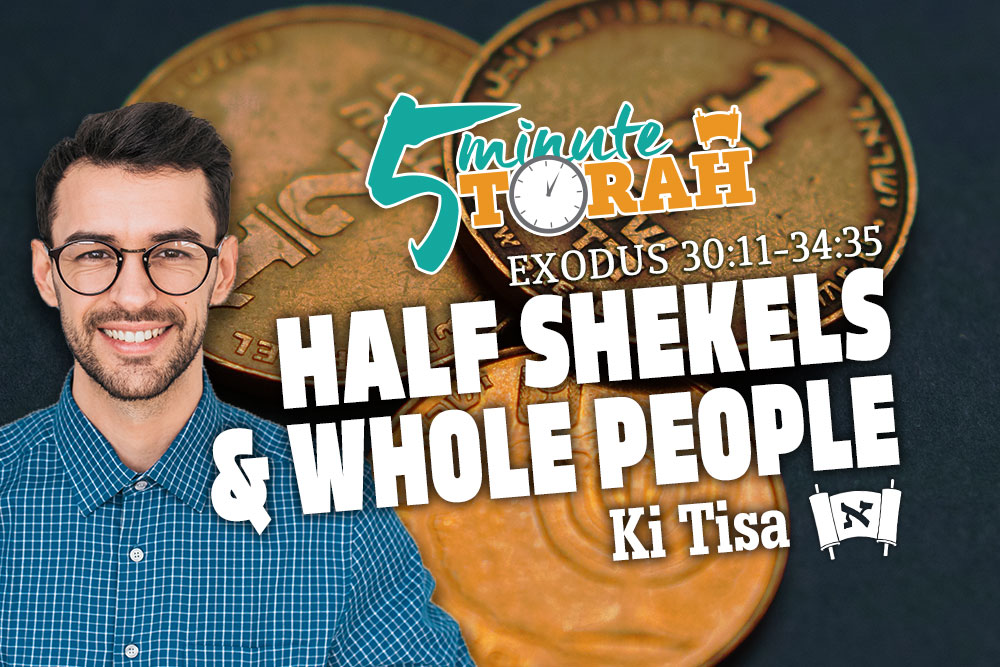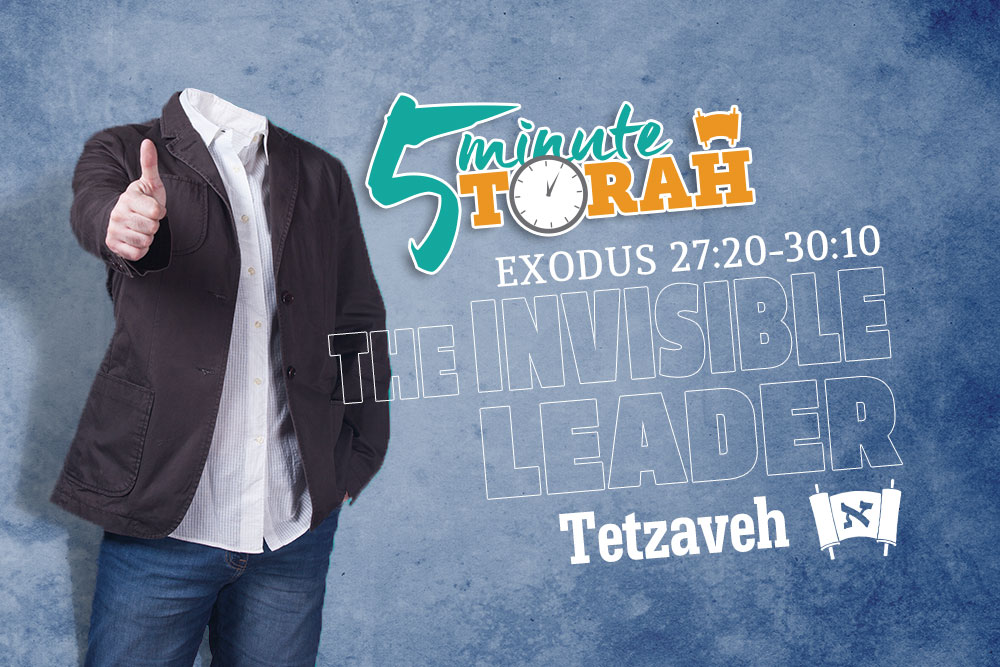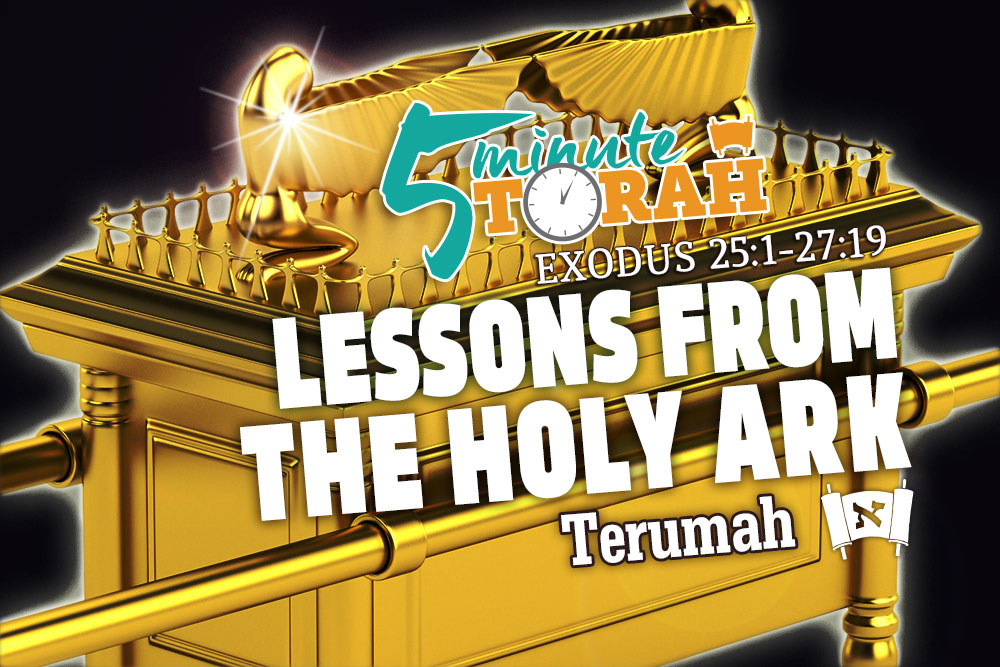Parashat Tzav (Leviticus 6:1[8]-8:36)
In our second week of learning about the sacrificial system, we read about the laws of what is known as the korban tamid, or the daily offering. Our portion begins by telling us, “This is the law of the burnt offering” (Leviticus 6:2[9]). The burnt offerings in this passage are not voluntary burnt offerings brought by petitioners, but rather the continual (tamid) or daily offerings required to be brought at the beginning and end of every single day: “One lamb you shall offer in the morning, and the other lamb you shall offer toward the evening” (Exodus 29:39). These two offerings serve as bookends to the daily services of the Holy House. They also serve as the basis for the daily prayer times. The morning prayers (shacharit) and the afternoon prayers (minchah) correspond to these two daily offerings.













